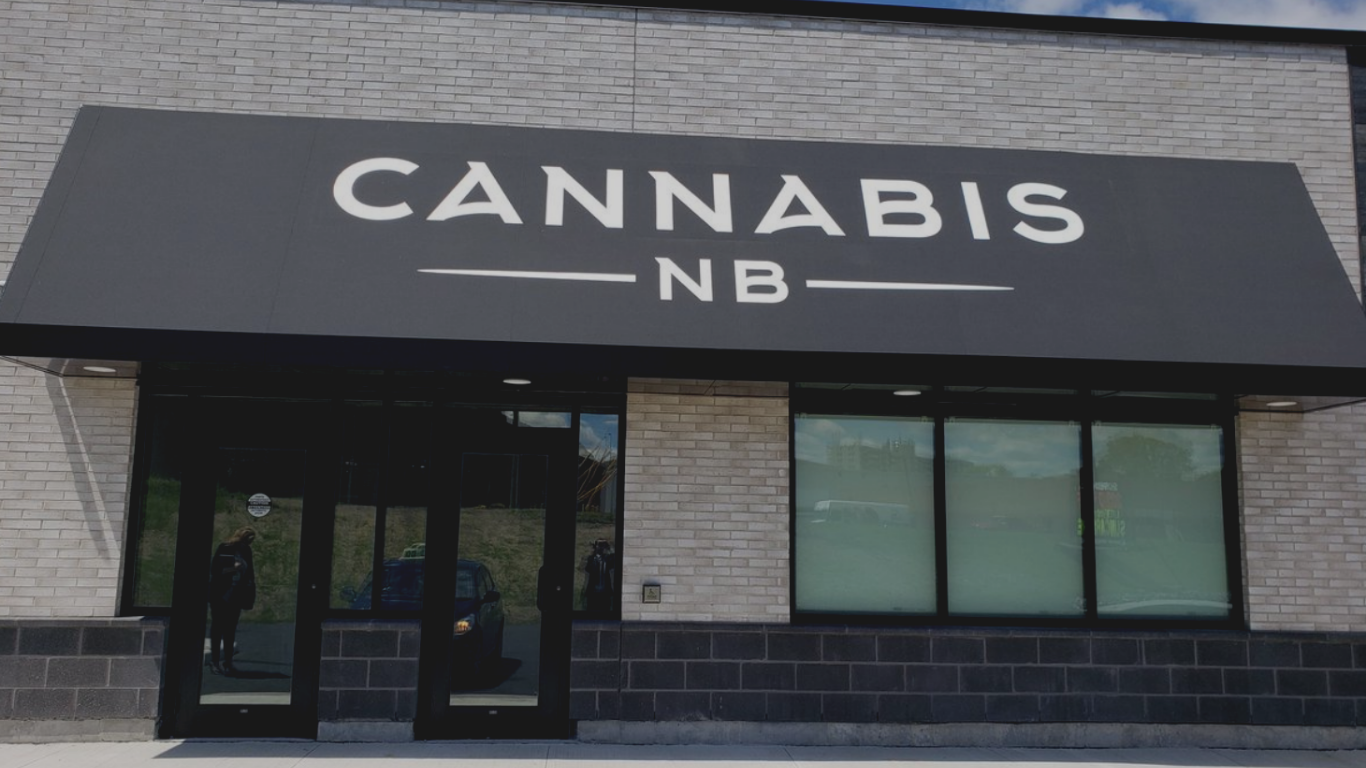
Another municipal group is asking where the provincial tax revenue they were promised has gone.
Organizations representing municipalities in New Brunswick are calling on the provincial government to honour a campaign promise from 2018 to share cannabis revenues with local cities and towns.
The Union of Municipalities of New Brunswick (UMNB), as well as the Association francophone des municipalités du Nouveau-Brunswick (AFMNB) say they want to know where their share of the revenue has gone.
“The Premier told us that as soon as they make a profit with cannabis taxes they will be ok to share with us some of this money,” AFMNB President Yvon Godin said in a recent interview with Global News.
Cannabis NB, the provincial agency that oversees cannabis sales in the province, has been profitable since 2019. Cannabis NB saw $83.8 million in sales in the 2021-2022 fiscal year and a net profit of $16.5 million.
A representative from New Brunswick’s Department of Finance told Global News in an emailed statement that “there is still no plan to share revenues related to legal cannabis retail, and municipalities haven’t demonstrated they have new costs connected with the legalization of cannabis.”
New Brunswick munis say they need the money to help offset the cost of recent municipal reforms, with new costs previously covered by the province now being covered by munis.
New Brunswick is not the only province facing such criticism. In 2021, the Association of Manitoba Municipalities released a position paper that called on the province to share 25 percent of its cannabis tax revenue with its municipalities.
The same issues were raised in the association’s pre-budget plan, as well. The report notes that the Federation of Canadian Municipalities (FCM) says that municipal administration and local policing costs related to legalization will total $3-4.75 million per 500,000 residents, representing a range of approximately $210-335 million per year in costs incurred by municipalities across Canada.
“According to the Federation of Canadian Municipalities (FCM), municipal administration and local policing costs linked to cannabis legalization will total $3-4.75 million per 500,000 residents on an annual basis,” wrote the AMM in an email to StratCann at the time. “Since these costs should not be downloaded to municipalities, it is imperative that municipalities be included as meaningful participants in revenue-sharing conversations. We continue to urge the federal and provincial governments to co-develop a revenue-sharing model that respects municipal authority.”
Other municipalities in other provinces have also been asking where their share of the cannabis excise tax is. In 2020, the Union of BC Municipalities (UBCM) noted that although provinces successfully lobbied the federal government prior to legalization for a larger share of federal tax revenue, in part to address the cost of implementation of legalization at the municipal level, BC munis have yet to see any of that revenue. The municipal organization also says the provincial government “continues to decline UBCM’s requests to negotiate a cannabis taxation revenue sharing agreement.”
Saskatchewan’s municipal organization, MuniSask, also issued a resolution in 2019 asking for munis’ share of the province’s federal excise tax. A representative with MuniSask says they still have not received their share and continue to lobby the province.
The federal/provincial agreement to share 75% of the federal excise tax on cannabis with provinces is up for review, and several municipal organizations say they are lobbying the federal government to include the need to share this with municipalities in any new agreements signed. Although the federal government increased the provinces’ share of the excise tax from a proposed 50% to 75% with the promise that provinces would share it with their municipalities, the promise was not written into the contract and was therefore not binding.
Ontario and Quebec are the only two provinces that have upheld a commitment to such tax sharing. In 2018, Ontario set aside $40 million over two years to help cities manage the implementation and oversight of cannabis legalization. The first $30 million was distributed in 2019, with $10 million set aside for unforeseen costs. Ontario also invested $3.26 million to support municipalities through enhanced enforcement against illegal cannabis operations.











